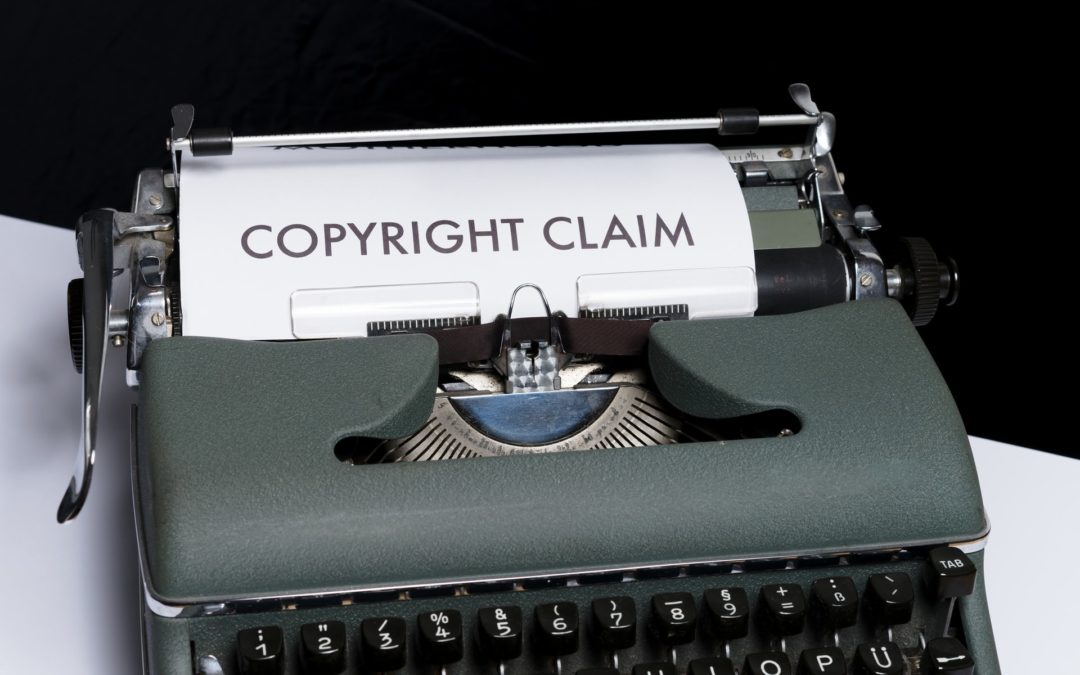Intellectual property refers to the intangible assets which constitute proprietary knowledge in the form of patents, trade marks, designs, confidential information and more. Intellectual property is a valuable asset in this digital age, bearing numerous exclusive rights which are protected from infringement by various federal laws such as the Trade Marks Act 1995 (Cth) and Copyright Act 1968 (Cth). This article focuses on examining the numerous defences to copyright infringement, in particular, when the use of a work is a fair dealing, or for the purpose of parody or satire.
Copyright Infringement
Copyright describes the collection of exclusive rights that vest in the owner of certain creative works of intellectual property. The specific exclusive rights granted by copyright depend on the particular creative work, but generally include the rights to reproduce, publish, communicate or make other various uses of the material as well as non- transferable moral rights attributed to the author. The owner of the copyright, and therefore the bearer of these exclusive rights, is usually the person who created the work, but there are some exceptions to this.
Copyright infringement under the Copyright Act 1968 (Cth) occurs when a person, directly or indirectly, does something with the copyrighted work which constitutes an action that is usually protected exclusively for the copyright owner, without the owner’s permission or a relevant defence. The duration of protection granted to copyright depends on the creative work, but is generally 70 years from the date of publication or is the life of the creator plus 70 years. For infringement to occur, the person needs to have used a “substantial part” of the work during the period where the work is protected by copyright, meaning a qualitatively important or essential part of it, but not necessarily the whole work itself.
Fair Dealing Defences – including Parody and Satire
A defence to copyright infringement arises when the use is a fair dealing, for the purposes of:
- Research and study,
- Providing access by a person with a disability,
- Criticism and review,
- Parody and satire,
- Reporting the news, and
- Judicial proceedings or legal advice.
Of particular relevance to this article is the defence of fair dealing of a literary, dramatic, musical or artistic work for the purpose of parody and satire, which can only be relied on if this is the legitimate purpose of the author. As such, this defence requires some express or implied commentary on the copyrighted material. The fairness of the dealing is determined objectively in relation to the relevant purpose, as judged by a fair minded and honest person. Relevant factors for determining if a dealing for this purpose is fair include:
- How much of the copyrighted material was used,
- The context in which the parody or satire was used,
- The necessity of the copyright material’s use in the work, and
- Whether there was a significant adverse effect on the original work or artist.
Case Study: AGL Energy Ltd v Greenpeace Australia Pacific Ltd [2021] FCA 625
This recent case brought attention to the fair dealing defence for copyright infringement for the purpose of parody and satire. Greenpeace launched an advertising campaign about AGL’s environmental practices, using their trademarked AGL logo, modifying the AGL acronym to stand for “Australia’s Greatest Liability” and including
taglines such as “Still Australia’s Biggest Climate Polluter” and “Generating Pollution for Generations”. AGL argued that its copyrighted company logo was infringed by the substantial reproduction of it in the Greenpeace advertisements. Greenpeace relied on the statutory defence of it being a fair dealing with the purpose of parody and satire.
The Federal Court held that Greenpeace had not infringed AGL’s intellectual property through the use of the AGL’s corporate logo. The satirical purpose of the logo in conjunction with the disadvantageous messages was held as likely to be immediately perceived as coming from Greenpeace, particularly with the inclusion of “Presented by Greenpeace” on the advertisements. Therefore, the court held that Greenpeace had not infringed AGL’s copyright as they did not use the logo “as a trade mark” in the course of trade with any Greenpeace goods or services.
How Etheringtons Solicitors can help
A solicitor at Etheringtons Solicitors can provide clarification of the relevant law in relation to your individual circumstances. If you need further advice or assistance with copyright infringement or intellectual property matters, please contact one of our experienced solicitors on (02) 9963 9800 or via our contact form.

